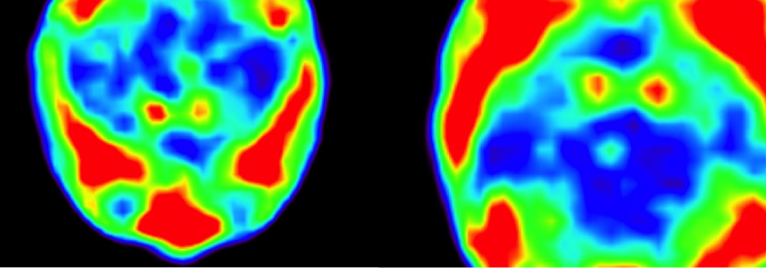B01
Infiltration of immune cells into the central nervous system (CNS) is one major hallmark of multiple sclerosis (MS) pathology. Natalizumab is a therapeutic integrin for to treat MS that inhibits the very late antigen (VLA)-4. In rare cases, therapy is accompanied by a progressive multiple leukencephalopathy, a rare but potentially fatal brain infection. By extending the dosing interval of natalizumab, the PML incidence in MS patients can be reduced by 90%, whereas efficacy seems preserved. We hypothesize that a cellular subtype preferentially benefits from extended natalizumab interval dosing and resumes CNS immune surveillance in patients receiving extended interval dosing. We will investigate the relationship between therapeutic integrin engagement and selectin expression for lymphocyte surveillance function with implications for virus control. Furthermore, we will analyze the antigen specificity of MCAM+ and CCR5high CNS-infiltrating T cells to decipher their exact roles in CNS immune surveillance versus inflammation. Lastly, we will transfer the generated molecular and cellular concepts of adaptive CNS immunity to the coagulation system. There we will analyze the contribution of leukocyteplatelet aggregates to adaptive CNS immunity in the context of MS. In other words, we will tackle these questions:
-
-
- What is the role of CNS-patrolling CD4 vs CNS-resident CD8 lymphocytes in CNS immune surveillance, MS pathology and viral control with decreasing VLA-4 inhibition?
- Why do certain immune cells specifically infiltrate the CNS?
- Could immune cells performing (excessive) CNS immune surveillance contribute to MS pathology or even pathogenesis?
- Is there a direct mechanistic link between integrin-β1 engagement by natalizumab, T-cell activation and L-selectin shedding?
- What is the tole of Role of platelet-leukocyte-aggregates in MS pathology and progression?
Herich et al., Brain 2019
-
Principal Investigators
Univ.-Prof. Dr. rer. nat. Nicholas Schwab
Klinik für Neurologie mit Institut für Translationale Neurologie
Münster
nicholas.schwab@ukmuenster.de
Prof. Dr. med. Alexander Zarbock
Klinik für Anästhesiologie und Intensivmedizin
Münster
zarbock@uni-muenster.de


















